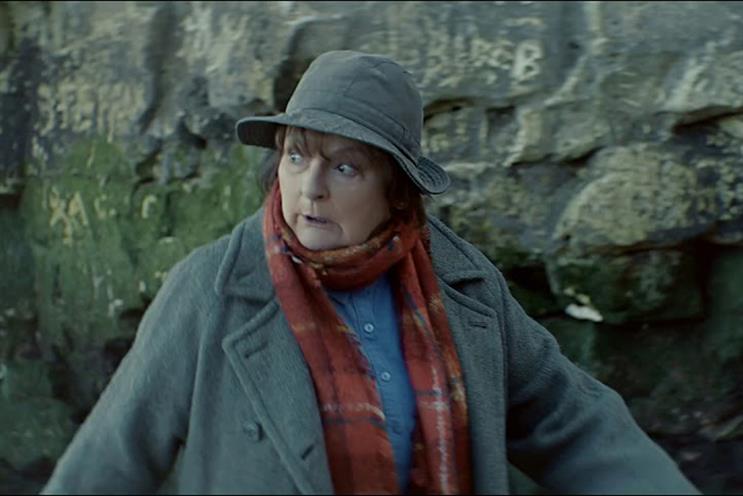No-one likes losing a pitch. Particularly when you’re as (overly) competitive as I am.
But that’s where we find ourselves, having lost ITV to Essence in a process run by ID Comms – with the final stages conducted remotely during the coronavirus lockdown.
So are we kicking ourselves? Are we frustrated? Are we questioning the client, the intermediary or the process?
No. Not at all. In fact, the opposite.
I am incredibly proud of the defence we put up to retain the ITV business and wouldn’t change a thing.
The fact is that it was a very well-run process, we understand why Essence have been appointed and we wish ITV and Essence the very best.
But this, unfortunately, is all too rare.
There are far too many examples of bad pitch management that leaves agencies frustrated and lacking learning to move forward.
So when ITV reached for the remote and changed from Channel Goodstuff, we thought we’d share how they did it so others can learn.
1 Clear business rationale
It is clear that the ITV business has a number of challenges and, under Dame Carolyn McCall’s leadership, a clear strategy of "More than TV" has emerged to address these challenges. Within that strategy, the need for marketing to pivot towards a data-centric approach with digital transformation is perfectly logical and well-communicated to us.
2 Early warning system
We knew informally this process was likely to happen a few months before ITV took the final decision to appoint ID Comms. When they did, they took us to one side, clearly laid out the process, timing and deliverables so we and our teams were crystal-clear. There were no surprises or confusion, meaning we could manage our own teams and external PR.
3 Solid pitch process
Whilst the process was pretty punishing (especially when you are the incumbent agency and therefore in effect pitching twice), all the requirements and stages of the process were clearly communicated and sufficient time was given to do a good job. Clear check-in opportunities and feedback was good.
4 Pitch-stage scoring
One of the most helpful aspects was the scoring the agencies got along the process. This helped us gauge how we were doing versus the average. It certainly helped us up our game towards the end and helped us ultimately put our very best pitch proposition forward.
5 Professional balance
Pitching is difficult for clients too – they have to tread a fine line between being encouraging and supportive of their incumbent agency partner, but also being fair and even-handed with the other agencies in the process. This was handled consistently and professionally at all times (even during a global pandemic).
6 Human empathy
Pitching is not life and death, but it matters and there are strong relationships at play. Personally seeing how difficult it was for the ITV team to inform us we had not been successful mattered because we knew, they knew, how much it meant to us and that it wasn’t a decision taken lightly.
7 Consistent decision-making
Ultimately, good pitch process is when the winning agency clearly matches the brief. If you are a FTSE-listed business with the challenges that ITV has, and want an agency to help with data transformation, Essence is not exactly a bad shout.
8 Post-pitch relationship
When the incumbent agency knows it isn't being taken forward, it’s difficult on both sides. But to ITV’s credit, the team have been hugely appreciative of our team and made several positive gestures, including a thoughtful gift sent to our home addresses.
So all that leaves is for me to thank ITV for being a great client for four years and for running a good process, to my Goodstuff team for making me proud with our pitch defence, to ID Comms for helping ITV with the process, and we wish Tim Irwin and his team at Essence the best.
Andrew Stephens is a founding partner of Goodstuff Communications


